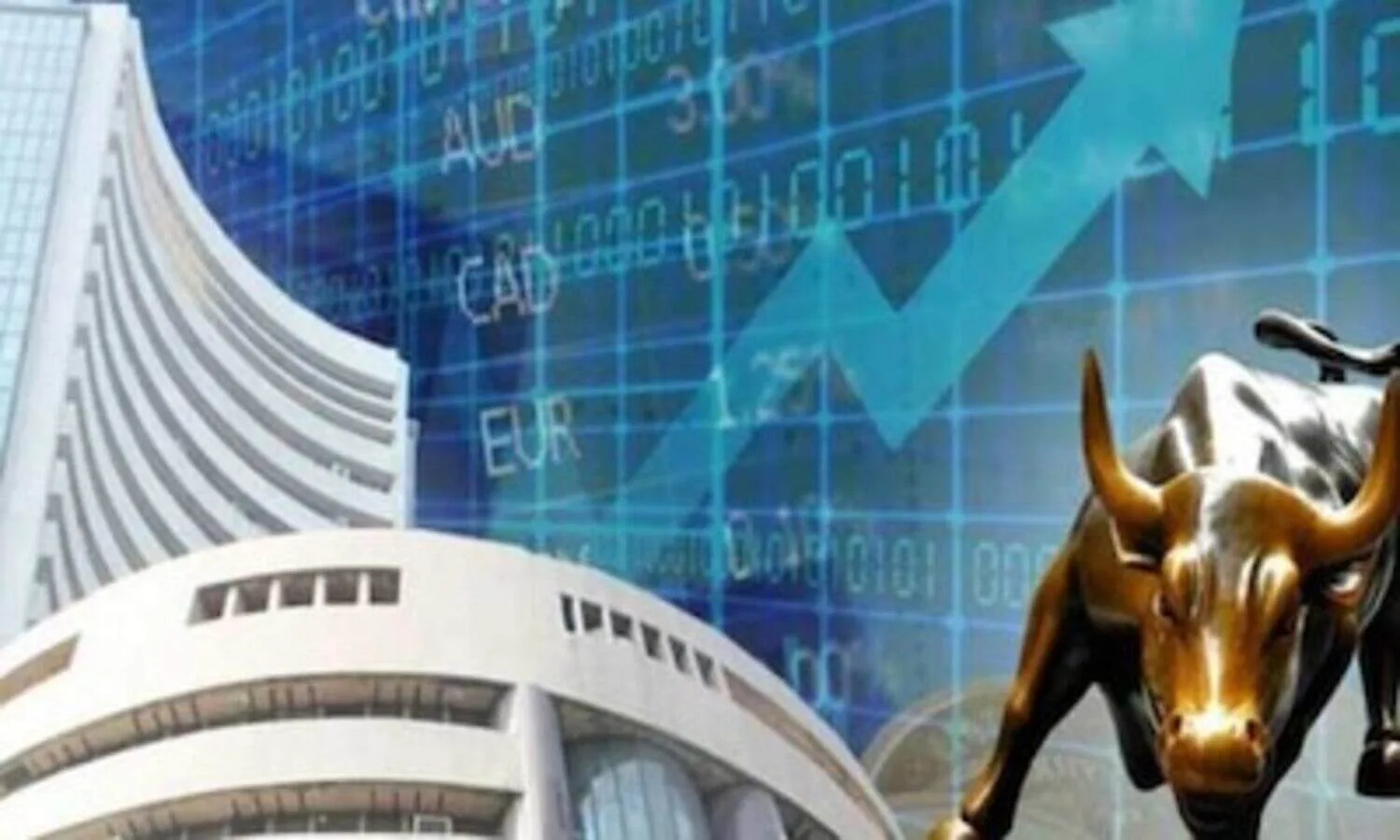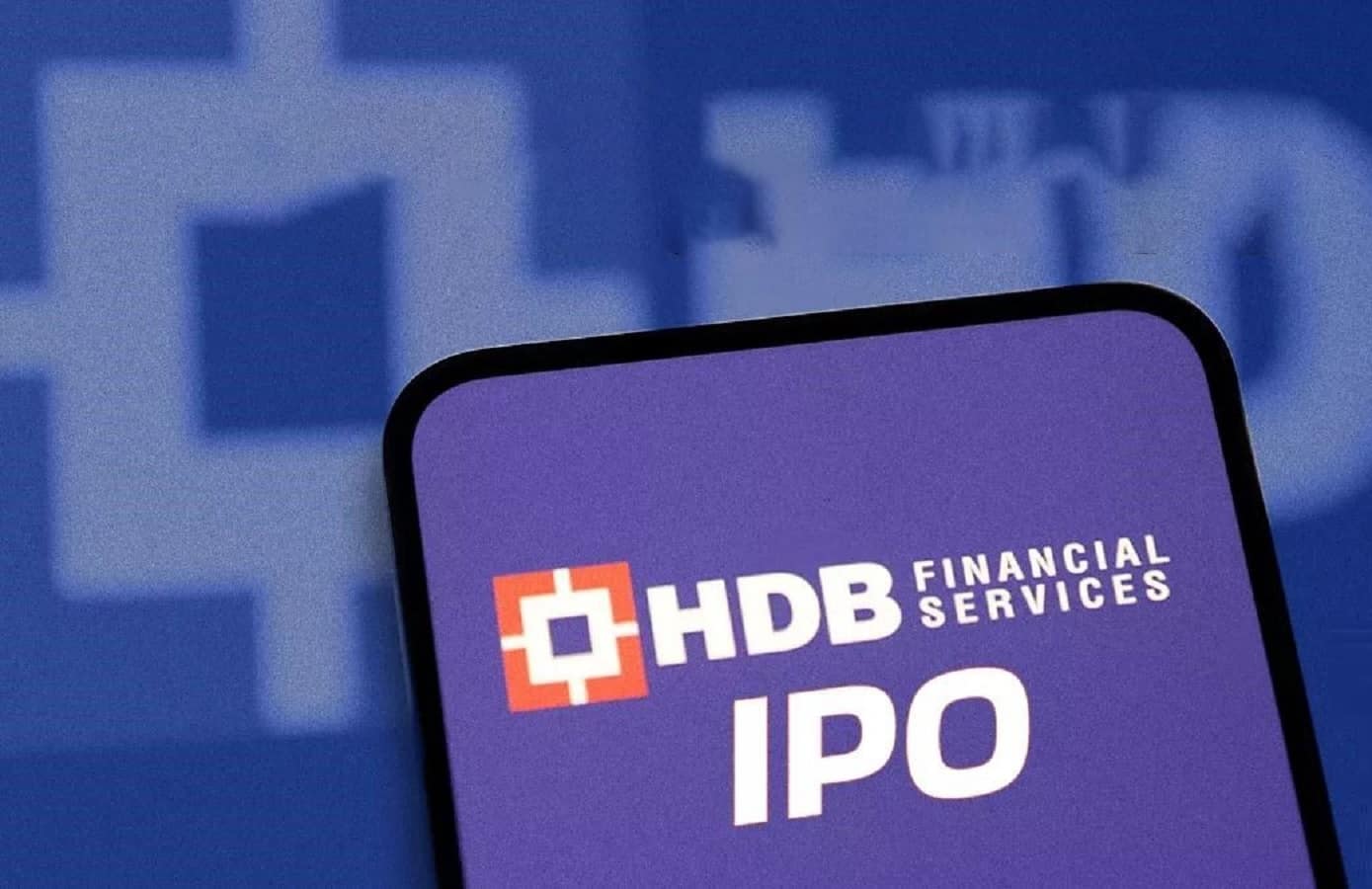India’s Prime Minister Narendra Modi said,” I had a great conversation with my friend, President Donald Trump, congratulating him on his spectacular victory. I look forward to working closely together once again to further strengthen India-US relations across technology, defence, energy, space, and several other sectors.” when Trump was elected as the 47th President of the United States.
Although the people have mixed reactions to his win as the next President over Kamal Harris, does Trump’s victory impact India? But what does this mean for Indian startups? Let’s explore the potential impacts.
Indian Startups in the U.S. Market
A study by the National Foundation for American Policy (NFAP) reveals that immigrants have established more than half of the U.S. startups with a value of $1 billion or higher, the majority of these founders being Indians.
With such a huge potential for Indian Startups in the US, Trump as the President has created uncertainty in sectors such as technology and sustainability. Traditional industries, manufacturing, and infrastructure show positive affirmations in his administration.
During his presidency in 2017-2021, there were tax cuts and favourable foreign direct investment policies. This is most likely the reason as to why Zomato was able secure huge funding from the investors located in the United States.
The Indian fintech ecosystem has experienced massive growth, with products like Paytm and Razorpay getting considerable attention from American markets. This is the reason of growth, especially with regards to the policies he had put in place to help in the investment and technological development during his time.
Investment Policy Under Trump
Trump’s “America First” policy supports local industries, which could limit foreign investments in Indian startups. According to McKinsey & Company, these protectionist policies might make it harder for startups in India to receive funding. This means Indian startups must look for investors other than the US.
Challenges with Visa Policies
A major issue in Trump’s presidency earlier was H-1B visa policy. He advocated a raise in wages and imposing additional limitations on foreign nationals, which can drastically affect the job opportunities for Indians and their startups.
Shifts in Global Supply Chains
His trade policies along with tariffs in China, have made companies rethink about shifting their supply chain. This shift could benefit the manufacturing and logistics sectors showing an optimistic sign for investments in Indian startups. Experts from the Confederation of Indian Industry (CII) say that our startups can become attractive alternatives for U.S. companies looking to expand away from China.
Final Words
With Trump’s presidency, there are both opportunities and threats for the Indian startups. While there is potential for strong ties between India and the U.S., uncertainties in immigration policies and investments could pose a cause of concern.
Indian entrepreneurs will need to stay vigilant to make the most out of available opportunities. The future of Indian startups in the U.S. could be bright if we manage these complexities effectively.




